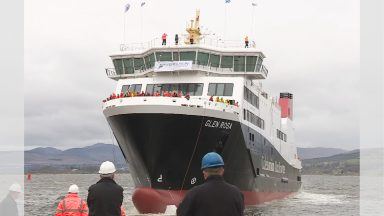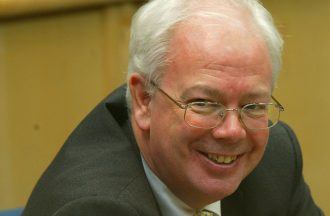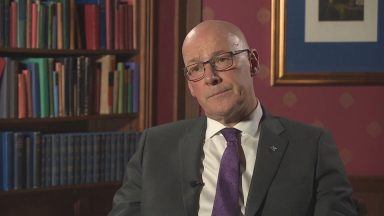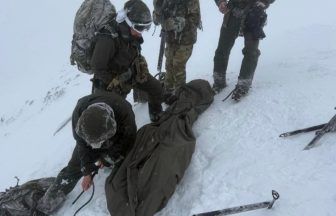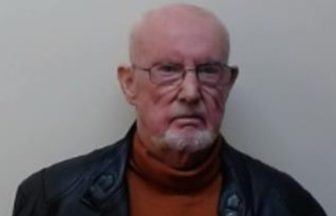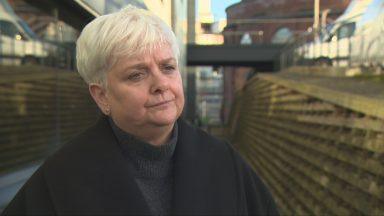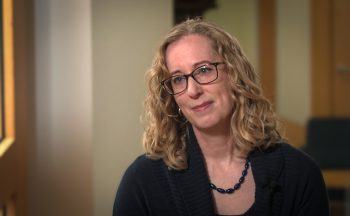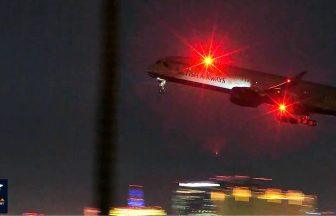A “heroic” taxi driver has been praised for his efforts in reducing the impact of a car explosion at a hospital in Liverpool on Remembrance Sunday.
The city’s mayor Joanne Anderson has hailed the man, named locally as David Perry, for preventing a potentially “awful disaster”
Mr Perry was injured at the scene and remains in hospital in a stable condition and his male passenger, who has yet to be identified, was pronounced dead at the scene.
Speaking on BBC Radio 4’s Today programme, Anderson said: “The taxi driver, in his heroic efforts, has managed to divert what could have been an absolutely awful disaster at the hospital.
“Our thanks go to him and our emergency services, and authorities have worked through the night to divert anything further and we’ve all been on standby and in constant contact to provide any support that’s needed.”
Investigations into the incident that took place at Liverpool Women’s Hospital on Sunday morning are continuing.
Three men have been arrested under the Terrorism Act after the blast at 10.59am, around a mile away from the city’s cathedral where a large Remembrance service was taking place.
The men, aged 29, 26 and 21, were detained in the nearby Kensington area of the city, while residents were evacuated as armed police were seen in Rutland Avenue, in the Sefton Park area, until the early hours of the morning.
A police cordon remained in place and people were being allowed in and out of the hospital but officers could be seen at the entrance to the building.
The mayor said: “Well, we knew that the taxi driver had stood out and locked the doors, we knew that early on.”
However, she added it was important not to get drawn into speculation about the incident.
A former senior terrorism investigator said the timing of a car explosion in Liverpool before a remembrance service was “significant” but he was “uncertain” about a possible link.
Nick Aldworth, a former counter-terrorism national co-ordinator, said he believed it was unclear as to whether the incident at Liverpool Women’s Hospital was terror-related.
Also speaking to the BBC, he said: “I have to say from what I’ve seen, there’s very little blast damage. There’s also a lot of fire damage with very little blast damage. And so, you know, whatever was in that vehicle was either a low yield or didn’t work properly, or possibly an incendiary.
“So I think it’s very much open to debate at the moment about what has happened.”
He explained how counter-terrorism police and MI5 were involved to provide a more in-depth investigation.
“It makes sense to create a terrorist investigation to start with, because that allows you to have a large operation with access to more resources you might not normally have, for example, the intelligence services, and then you can scale down quickly once it becomes obvious that that’s not what you’re looking at, but it’s much harder to scale up once you started.”
Mr Aldworth added: “One minute to 11am – you’re never going to make that mile on foot to the service. Most of town centres during these sort of remembrance services get locked down and have roadblocks.
“So yes, it is a significant timing, but I’m really uncertain at the moment as to what significance you could actually attach to that with some real clarity.”
An investigator wearing a white forensics suit and carrying a jerry can and funnel was seen outside the hospital on Monday.
And two fire engines were parked in the hospital car park near a blue forensics tent.
Follow STV News on WhatsApp
Scan the QR code on your mobile device for all the latest news from around the country


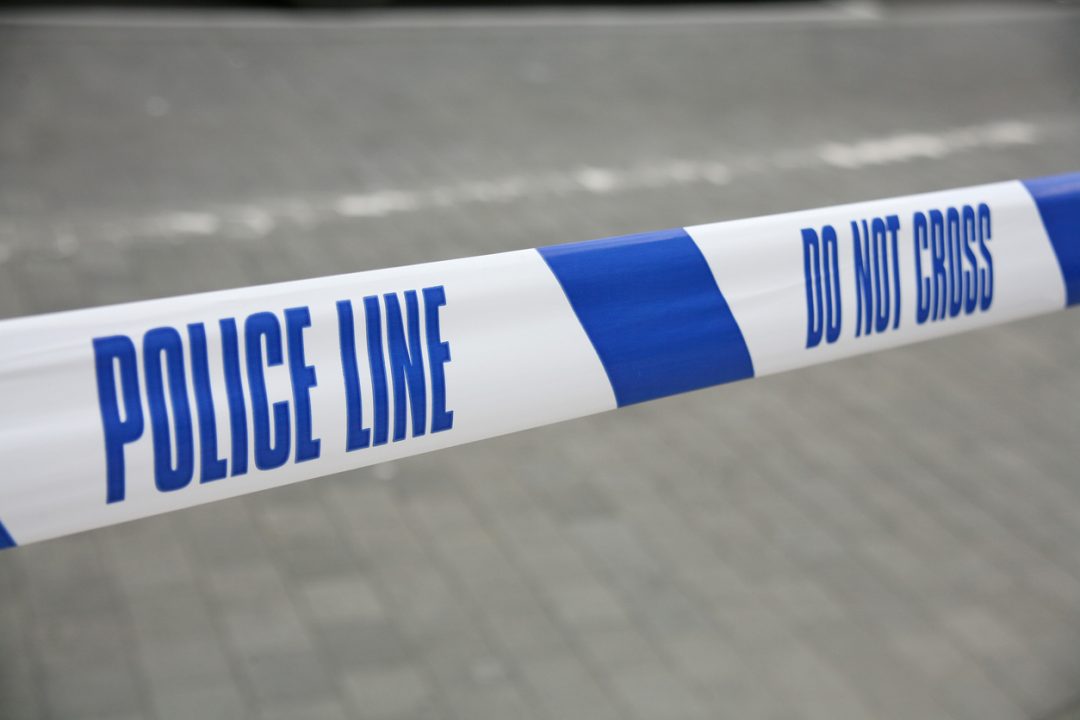 iStock
iStock

